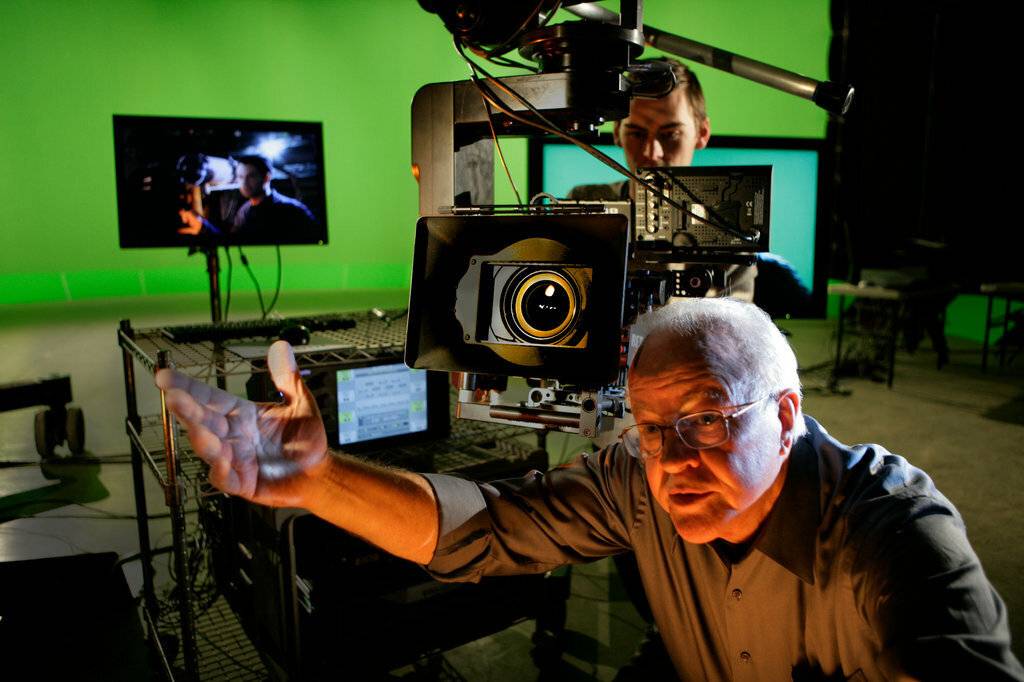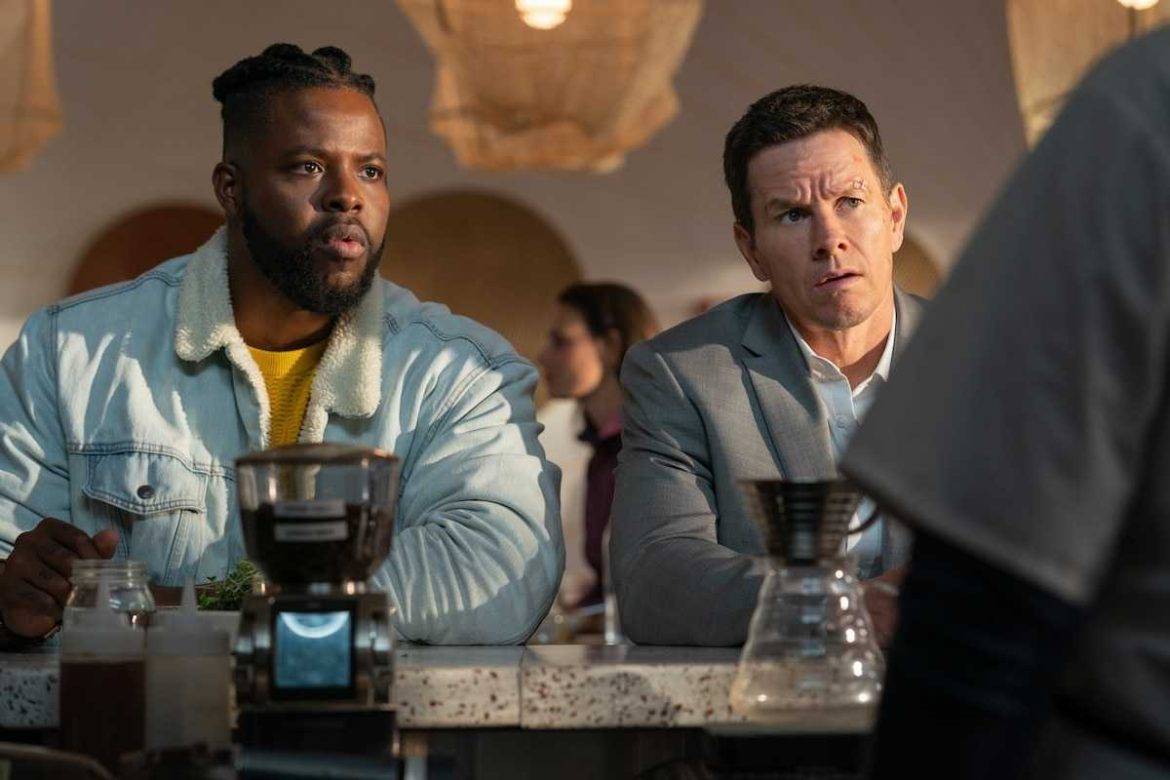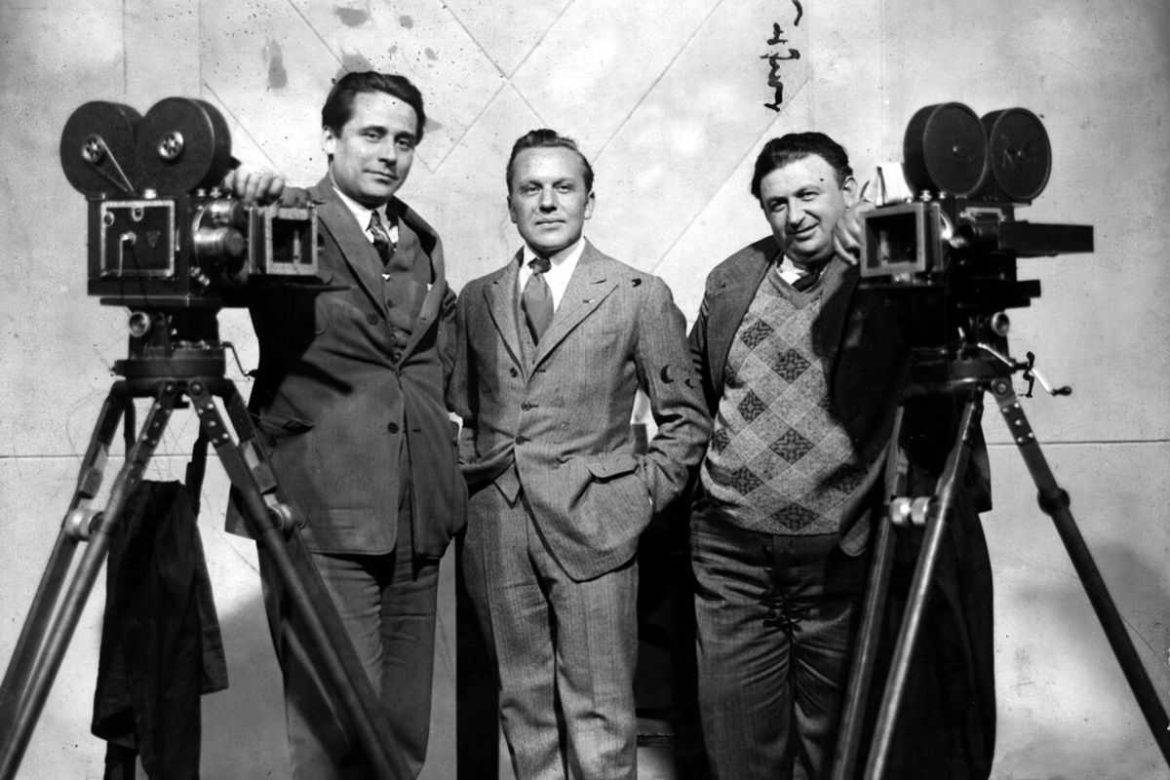Acting is the heart of filmmaking, and some stars have impacted the industry so much that their contributions cannot be overstated. One of these actors is Marlon Brando, whose role in the film “The Godfather” became iconic. His method of acting, based on Stanislavski’s system, changed the way actors should perform, introducing a deeper, more realistic approach to creating characters.
Meryl Streep, with her incredible range and ability to transform herself into different characters, has also made a huge contribution to the art of cinema. Her roles in films such as Sophie and The Devil Wears Prada demonstrate her ability to masterfully portray complex and multifaceted characters, making her one of the most respected actresses of our time.




